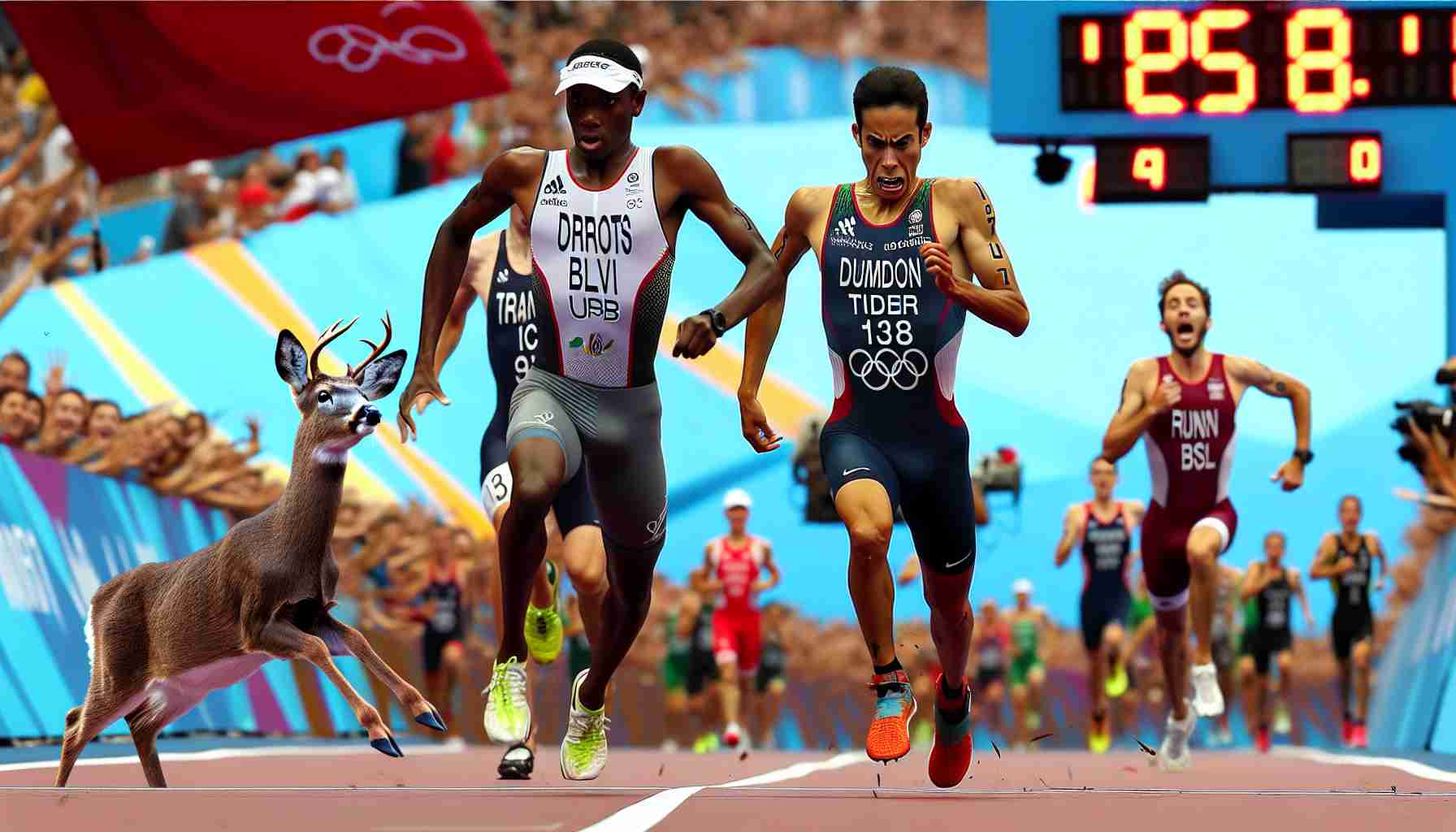
Unexpected Turn of Events for Olympic Triathlon
The decision to postpone the Olympic triathlon came as a surprise to many, including national coach Tine Deckers. Despite the unexpected turn of events, athletes are ready to adapt to the situation.
Late last night, the announcement was made to delay the highly anticipated Olympic triathlon event. While concerns had been lingering, coach Tine Deckers expressed her shock at the decision. “It was truly unexpected. In the days leading up to the announcement, the organizers seemed positive during our briefings. The water quality was improving, although we anticipated some pollution due to the recent rain. However, they assured us that everything would be fine.”
The news of the postponement caught everyone off guard, as communications often occur in the middle of the night. “Water conditions vary, so we understand the need for caution. We will definitely be monitoring it closely before preparing for the race.”
Athlete Marten Van Riel’s strong reaction towards the organizers was met with understanding by Deckers. “His emotional response was justified. Triathletes train specifically for their sport and not for a duathlon. However, they are now focusing on adjusting to the current circumstances, as seen by their training on the bike today.”
The rescheduling of the triathlon introduces uncertainties regarding the new date. “Adapting to these changes will be challenging, but I believe the athletes are capable of shifting their focus. They do not train solely for one event, as they were already aware of a contingency plan.”
Deckers emphasized the athletes’ readiness for any challenges that may arise. “While they expected to race today, they are accustomed to dealing with water pollution in other competitions. In essence, they are prepared for unforeseen circumstances and remain resilient.”
The Unexpected Twist in the Olympic Triathlon Saga
While the decision to postpone the Olympic triathlon event undoubtedly caused waves of surprise among athletes and fans alike, there are further developments that shed light on the complexities surrounding this unexpected turn of events.
Amidst the postponement, questions arise about the rationale behind the sudden change in plans and what implications it may have for the athletes and the competition as a whole. How do the organizers plan to address the issues that led to this decision, and what steps are being taken to ensure a fair and safe race for all participants?
One of the key challenges facing the athletes now is the need to adapt their training and mental preparation to the uncertain future timeline of the event. How will this delay impact their conditioning, strategy, and overall readiness for the race? It remains to be seen how they will navigate this unforeseen hurdle and maintain their competitive edge in the face of such disruption.
On the organizational front, there may be lingering controversies regarding the communication and decision-making process that surrounded the postponement. Were all stakeholders adequately consulted, and was the decision reached transparently and fairly? Such considerations are crucial in maintaining the integrity and credibility of the event.
Advantages and Disadvantages
The advantage of this unexpected turn of events is that it allows for a reassessment of the safety and environmental concerns that prompted the postponement. By taking the necessary time to address these issues, the organizers can potentially ensure a smoother and more secure race experience for the athletes. Additionally, the delay might offer competitors a chance to fine-tune their training and preparation, potentially leading to higher performance levels on the rescheduled race day.
However, the disadvantage lies in the disruption and uncertainty caused by the sudden postponement. Athletes and their support teams now face the challenge of recalibrating their entire competition plan, potentially affecting their peak performance and mental focus. The logistical implications of rearranging travel, accommodation, and other arrangements add an extra layer of complexity to an already demanding situation.
As the triathlon community grapples with this unexpected twist, the resilience and adaptability of both athletes and organizers will be put to the test. It is in navigating through these challenges that the true spirit of sportsmanship and determination shines through, demonstrating the unwavering commitment to excellence in the face of adversity.
For more insights and updates on the world of triathlon, visit International Triathlon Union.

















